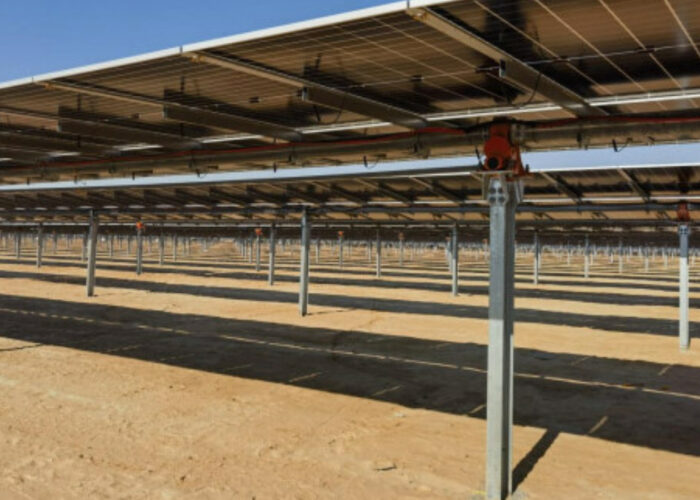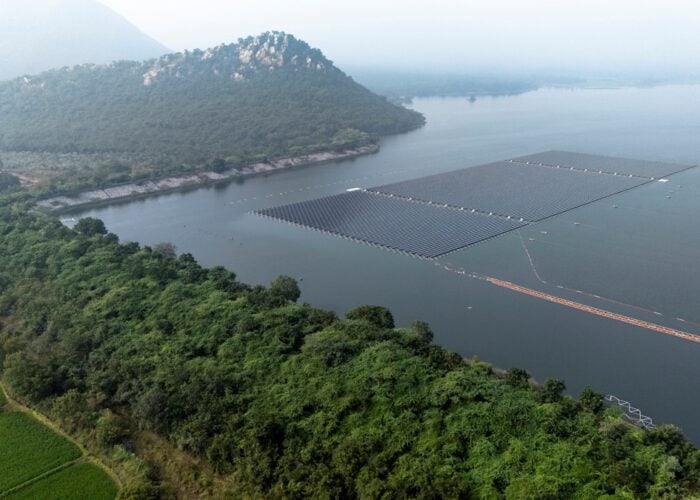Tawian-based polysilicon producer, Powertec Energy Corporation has signed a follow-on deal with GT Advanced Technologies to purchase polysilicon technology and equipment for a second-phase capacity expansion.
GTAT said that a memorandum of understanding has been signed that will see Powertec start placing orders in the second half of 2014. Design work for the plant expansion was said to have already started.
Try Premium for just $1
- Full premium access for the first month at only $1
- Converts to an annual rate after 30 days unless cancelled
- Cancel anytime during the trial period
Premium Benefits
- Expert industry analysis and interviews
- Digital access to PV Tech Power journal
- Exclusive event discounts
Or get the full Premium subscription right away
Or continue reading this article for free
“When our plant is fully operational next year, we will immediately begin debottlenecking work to increase our phase 1 capacity to 7,500 MTA. We expect to produce high-quality polysilicon at a cash cost that will enable us to successfully compete on a global scale,” said YiYi Tai, chairman of Powertec. “In addition, Powertec and GT have already started designing the phase 2 and 3 expansion projects. Construction of our next phase is expected to begin immediately after the successful start-up of phase 1. Total capacity at our current site is expected to reach 27,500 MTA after all three phases are completed.”
The specialist equipment supplier had previously shipped equipment for the 6,000MT phase 1 facility in 2012. Powertec was founded in 2010 with WalsinLihwa Group, United Microelectronics Corp. (UMC), and Sino American Silicon Products Inc. (SAS)
The polysilicon producer expects to meet growing demand for high-purity polysilicon for both the regional solar and semiconductor sectors.
Polysilicon equipment sales are expected to be a key revenue source for GTAT over the next few years. This is being driven by a new wave of start-ups, notably in the Middle East as governments such as Saudi Arabia prepare to establish a fully integrated manufacturing supply chain on the back of significant renewable energy adoption.






